Every woman who has felt the pressures of society can understand the concept of the male gaze. Think of Charlotte McKinney in the Hardee’s commercials, Megan Fox in the Transformer movies or Daisy Dukes shorts, inspired by the character from the ‘70s TV show “Dukes of Hazzard.”
If those examples aren’t conjuring a clear enough image, the male gaze is a way of framing advertisements, creating media of all kinds and even developing aspects of our culture through a heterosexual lens of the “ideal woman” and the ultimate fantasy men want. This female archetype is innocent, yet sexy. Naive, hyper-feminine and obedient.
Now, I want to make it clear. This isn’t going to be a misandrist tirade — I don’t believe all men see the world through the male gaze. However, the inspiration for this article came to me as I was scrolling through TikTok, as all good ideas begin. An indie boy in a sweater vest lip-synced to “Too Sweet” by the female gaze master himself, Hozier. The caption of the TikTok was three words: “The Female Gaze.”
I hate to break it to you, but it takes more than a soft-boy clothing style and pandering song choice to achieve the female gaze. Then it dawned on me: some men simply don’t understand what the female gaze is. So, since us girls have a one-up on you, I’m gonna level the playing field and teach you what women want by explaining the female gaze.
The gendered gaze is, at its core, what men and women find most appealing about the opposite sex, along with enforcing archetypes that each gender should exemplify in society.
The female gaze is ultimately about finding strength in yourself as well as highlighting the qualities that we find most admirable in men and society.
Media examples of the female gaze usually feature romantic men who show intimacy and empathize with the female lead. Think of 2005’s “Pride & Prejudice,” based on the novel by Jane Austen. The enemies-to-lovers trope, the subtle glances, gentle touches and enchanting romance.
We want you to be gentle, sensitive and romantic. This is how men are characterized in the female gaze — we see your flaws and love you in spite of them.
Since we’re tackling extremely nuanced theories and I’ve only barely grazed the surface of the two, I’m going to give you a side-by-side comparison. First, let’s look at how the character Harley Quinn is portrayed in the movies “Suicide Squad,” directed by David Ayer, and “Birds of Prey,” directed by Cathy Yan.
In “Suicide Squad,” Harley wears booty shorts, a crop top and a choker with “puddin,” her nickname for the Joker, displayed. It’s a clear allusion to a pet collar, indicating the Joker’s ownership of Harley. For the first part of the movie, all Harley does is what the Joker says. She’s obedient and crazy.
They’re about as subtle as a gun in that movie.
Now look at “Birds of Prey.” The entire movie is about Harley finding out that she’s more than a girlfriend. She’s her own hero, and all she had to do was find community in her friends and the value in herself. She wears outfits full of color and texture, highlighting her liberation from the Joker’s stylistic control. She gets a completely different look and attitude.
Another example is “Elvis,” directed by Baz Luhrmann, versus “Priscilla,” directed by Sofia Coppola. It’s the same story just told through completely different lenses, perspectives and aesthetics.
Now, the female gaze and the male gaze represented in the media are the extremes. It’s more subtle and harder to recognize in the wild, but keeping an open mind and understanding what it entails is the first step in appealing to women through the female gaze.
Real-life application of the gaze is so simple it almost feels like we’re asking for the bare minimum. Show her you’re proud to be with her. Let her bring out the best in you. Take the time to empathize and listen. The opportunities are endless, as romance under the female gaze — and in general — is about the small things.
It’s about seeing the beauty in the simple things and loving them in spite of their simplicity; nothing too complicated. If all else fails and you can’t think of anything to romance your girl, listen to any Hozier song and say copy-paste. Just don’t cross the line into inauthenticity; if you’re spouting romantic words for the sake of a one-night stand, it comes off as gross. Mean what you say and say what you mean.
Now that you understand the tip of the female gaze iceberg, you’re beginning to get a grasp of what women really want — I don’t want to see another Reddit post of a guy saying that they don’t understand what women want from them. Consume media that may challenge your point of view, step in the shoes of the opposite sex and keep an open mind.
I wish you the best of luck in your journey to becoming the ultimate female fantasy. Because when your girlfriend is happy, oh buddy, you’re happy.
Maddie McMurrough is an agricultural communications and journalism junior and opinion writer for The Battalion.




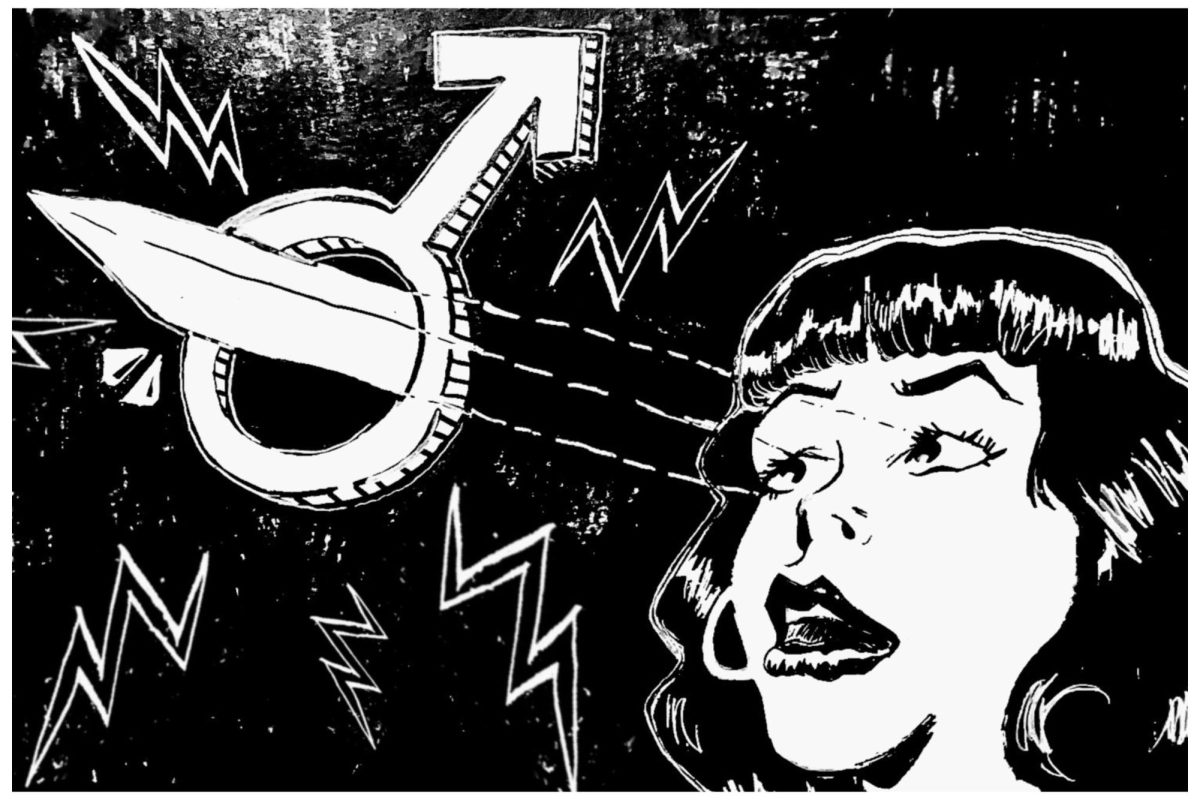
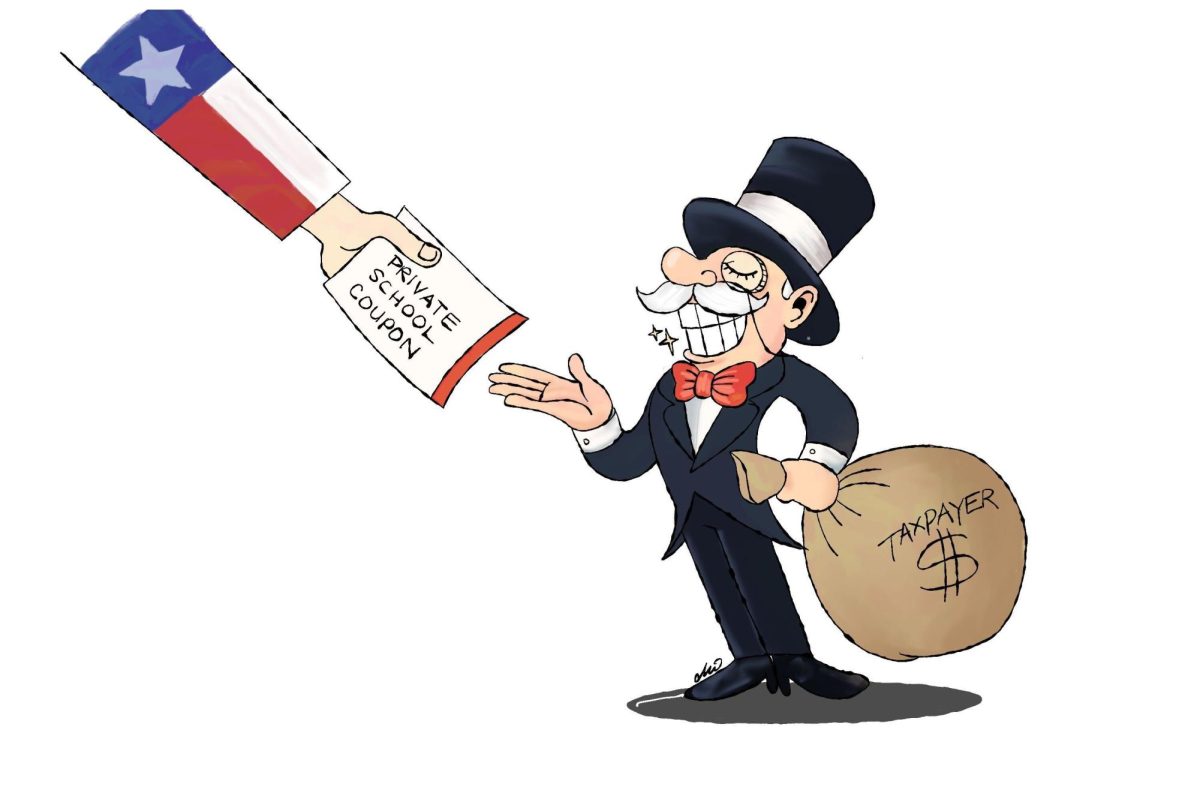
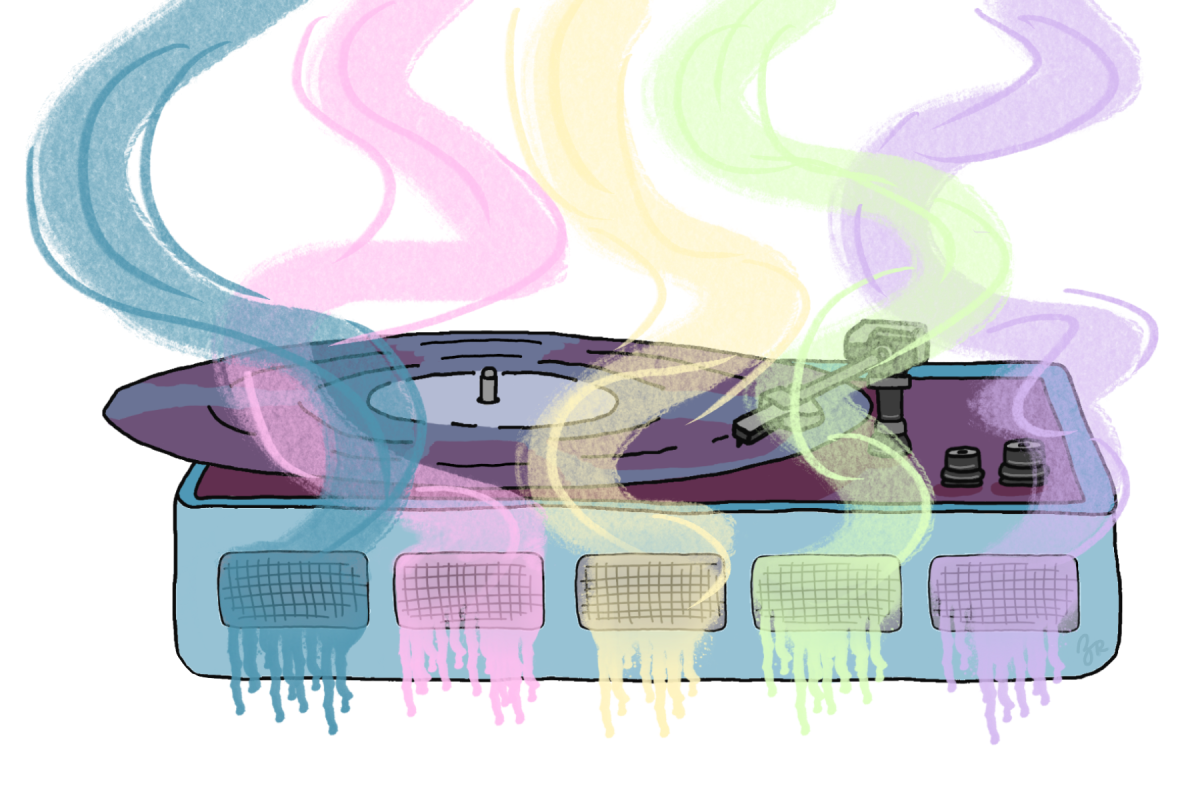

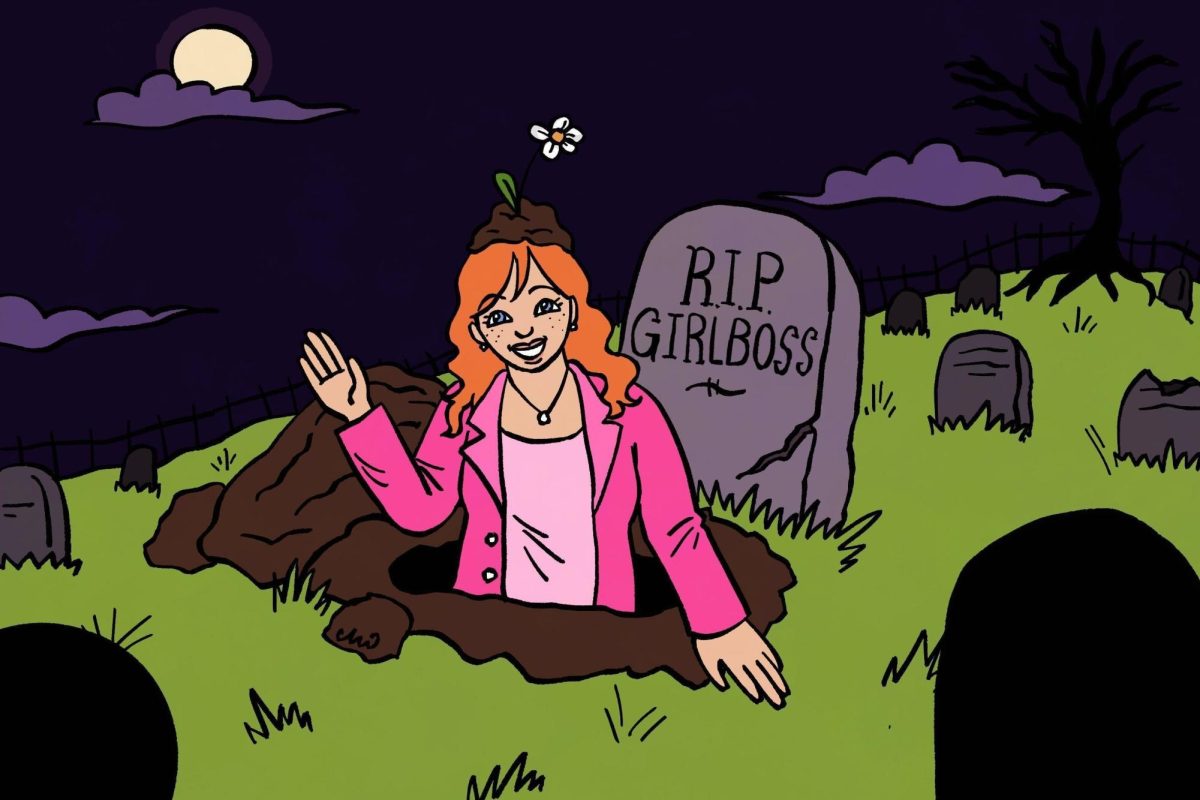







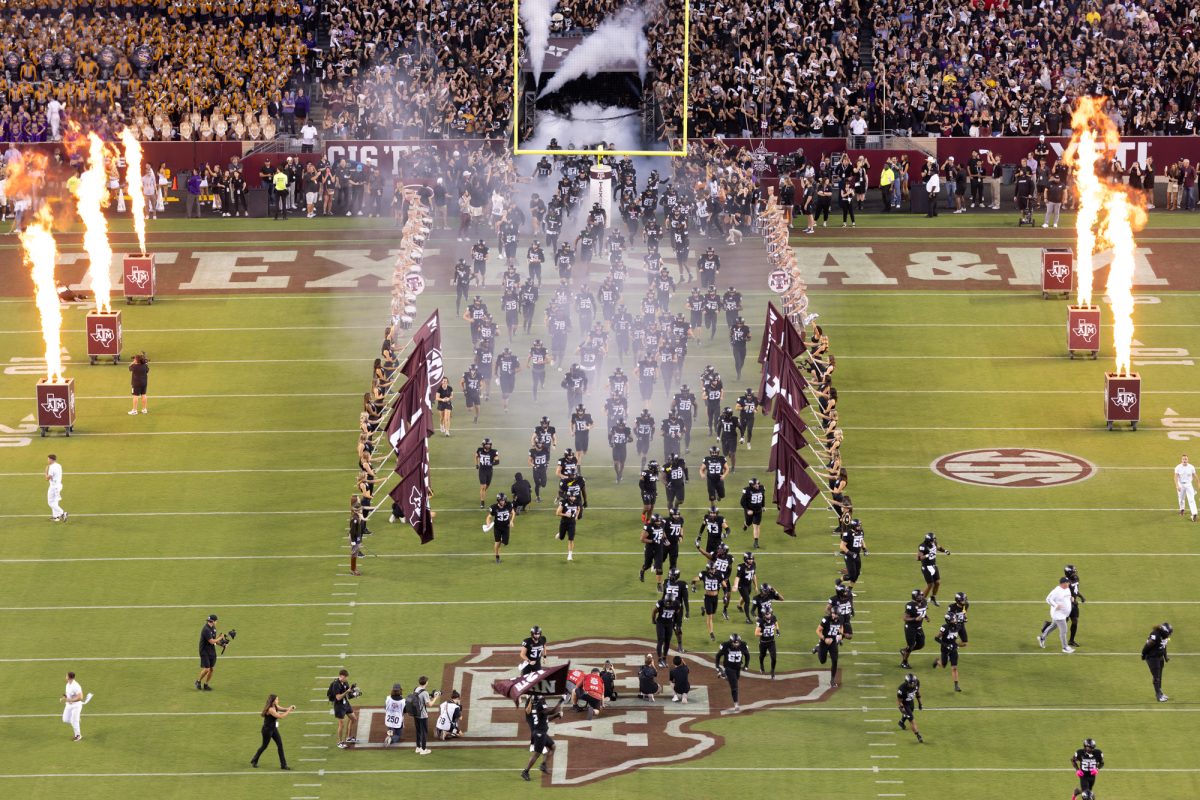
Maurice Obi • Aug 13, 2024 at 5:55 pm
Okay I really love how you weren’t being offensive addressing this situation. I also this that there are more people (men) as well that are getting sick of the constant objectification of women. Like, “they are just”. I’ve seen female characters like this countless times and it’s just frustrating.
But do you think there is a way the men’s gaze and the female gaze could meet at the middle?
As a guy, I know a lot of men that are static and very simple. So the whole romance thing may not work out for them. Some because of mysogny others because they aren’t just women.
Don’t get me wrong I do think that men, in the long run what something other than what pleases the eyes.
I just feel like men just focusing on the female gaze will put them in an uncomfortable spot the same way the male gaze put the women.
Anyways, I’m sure you won’t even see this. But love the article
Shawn • Nov 13, 2024 at 11:03 am
I can understand it being frustrating to feel like men need to change their gaze. But I don’t think that’s what this article is asking. The point of a gendered “gaze” is what one gender (generally speaking) finds attractive. There isn’t really a need to “meet in the middle” because then you’re asking people to change what they find attractive, which is hard to do.
I think what this article is really asking is for people to understand what the other gender’s gaze is. And it’s primarily asking this of men because women, for the most part, already know what the male gaze is since growing up inside a patriarchy inherently means living inside a society built around the male gaze. Many women are raised, from toddlers, to care about the male gaze, and they receive advice regularly about what men want. By contrast, when I hear men give or receive advice about what women want, the advice is given through the male gaze which doesn’t make sense.
If men paid closer attention to what the female gaze actually is, we might see less content erroneously telling men that all women are hypergamous, or that only “Chads” who are 8+ attractive can get dates, or that men need to make 6 figures to attract a woman.
The reason the male gaze can put women in an uncomfortable position is because it often oversexualizes them — it puts them into a box where their main and most significant value is their appearance; it treats women as objects, not people. At best, it results in women who don’t meet the male gaze being invisible. At worst, it results in actual violence. And to be clear, it’s not the male gaze itself that is the issue — it’s the actions that stem from it that are.
But I genuinely have a hard time imagining how the female gaze — wanting men who are open, honest, empathetic, and attentive — is going to put men in an uncomfortable position. If it is uncomfortable for a person to possess the four traits listed (which I expect most people, regardless of gender, would agree are traits of a well-adjusted and mature human being) then that doesn’t sound like a “gaze” problem, that sounds like a personal problem for that individual. They might consider working on that just for their own personal growth.